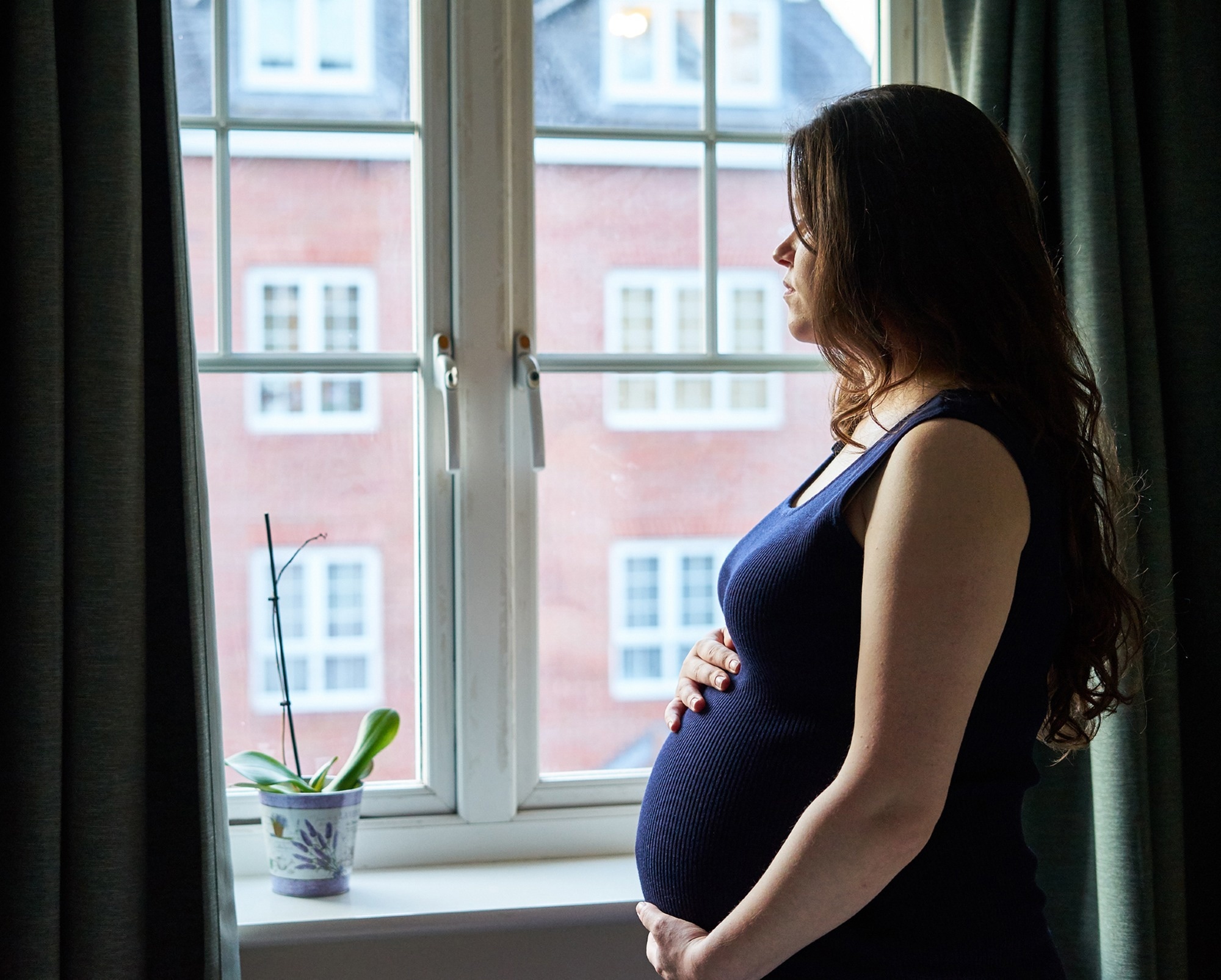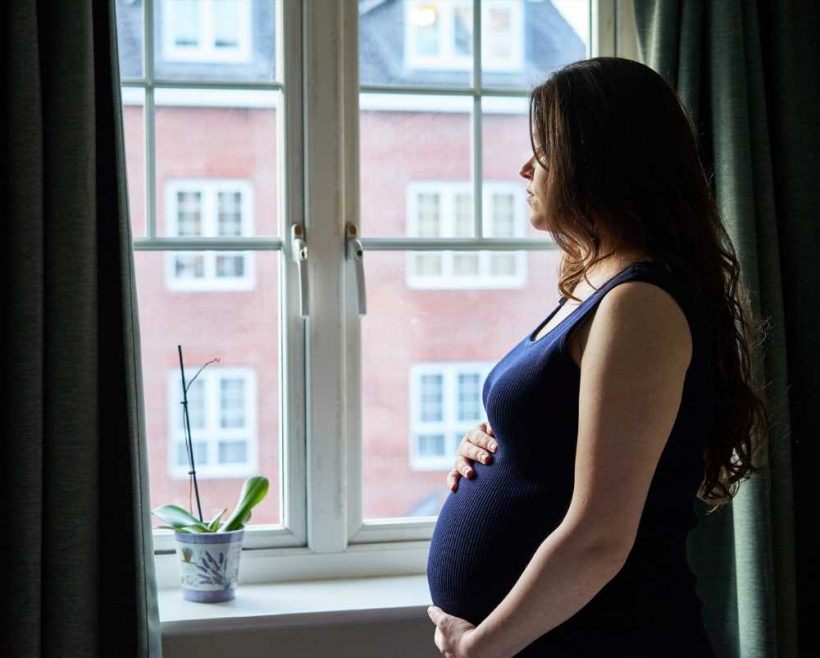A recent study published in the Appetite Journal examined how maternal mood, body image, and eating concerns were related to perceived changes in feeding practices during the coronavirus disease 2019 (COVID-19) pandemic.
 Study: Maternal mood, body image, and eating habits predict changes in feeding practices during the COVID-19 pandemic. Image Credit: Emituu/Shutterstock.com
Study: Maternal mood, body image, and eating habits predict changes in feeding practices during the COVID-19 pandemic. Image Credit: Emituu/Shutterstock.com
Background
With the onset of the coronavirus disease 2019 (COVID-19) pandemic, many profound changes occurred in the normal lifestyle of people around the world.
This included business, workplace, school, sporting, and shopping activities. The feeding of children is another area that was impacted by pandemic-related changes to the mother's pattern of activity.
Using data from an online mothers' study, a recent study looked at how mood changes and the mother's body image were linked to changes in feeding practices during the COVID-19 pandemic.
Introduction
Prior research shows that the way children are habitually fed is deeply influenced by the parent's eating habits and emotions associated with eating.
In particular, when parents eat for comfort or restrict their food intake despite feeling hungry, they practice eating patterns unlinked to their internal hunger or satiety signals. This, in turn, is associated with similar non-responsive child feeding patterns. Importantly, these are reflected with adverse impacts on the parent's and child's mental and physical health and the child's future eating habits.
Eating is a behavior designed to respond to hunger or satiety. The study explored three other types: emotional eating, in response to strong emotions; external eating, in response to food availability or other external cues; and restrained eating, where food intake is voluntarily reduced.
Body image is a powerful source of disordered eating behaviors in mothers. Maternal stress and negative moods may also trigger altered child-feeding practices. The pandemic was unquestionably associated with increased anxiety and stress among parents, with work-childcare conflicts being more likely to arise due to the shift of both workplace and education to the home.
In the current study, the scientists aimed to understand how these three factors – the mother's mood, body image, and eating habits, were linked to differences in child-feeding practices. These included non-responsive feedings, such as a behavioral reward, overt or covert restrictions, and meal structure.
The data came from an online questionnaire sent to 137 mothers. They were asked to describe their eating habits, mood, satisfaction with their body, and whether they had non-responsive feeding practices during the pandemic and during the pre-pandemic years.
What did the study show?
The study's results indicated that non-responsive feeding practices partially differed during the pandemic.
Mothers used food to incentivize desirable behavior among children more often during this period. There was a decline in formal place-setting practices at the same time.
Mothers with greater self-reported stress, anxiety, and/or depression were less satisfied with their bodies. These mothers also were more likely to restrict food access by the child.
They were more prone to restrained eating as well as emotional eating. This was observed both before and during the pandemic. Anxiety was linked to greater use of reward eating during the pandemic but not before.
Body image dissatisfaction was linked to greater restrictions on the food accessible to the child before and during the pandemic. These mothers also showed more restrained eating and more emotional eating.
Mothers who tended to eat emotionally were more likely to show more non-responsive child-feeding behavior during and before the pandemic. Thus, they were more likely to use food as a reward for good behavior and to restrict food access by the child. The only behavior that did not change was the structured meal setting.
The impact of the pandemic was observed only in a greater incidence of using food to reward the child for eating among those mothers with greater depression, anxiety, and/or stress levels. Such mothers were also more likely to eat emotionally.
What are the implications?
Despite the immense disruption caused by the pandemic, the observed effects on child feeding were restricted to increased laxity in meal settings and a greater tendency to reward children when they behaved as desired.
The latter was more common among mothers with anxiety, depression, and stress.
There was no relationship between maternal mood and meal setting, indicating that factors such as social distancing and other restrictions in place, along with their effect on the purchase, preparation, and timing of food for meals, were more important in this observed shift away from formal meals during the pandemic.
Poor body image did not appear to influence child-feeding practices, and mothers appeared to react in opposite ways to the lack of social interactions – with some eating more, while others reported poor appetite due to a negative mood.
In future periods with similar situations…
…resources to support mothers who are experiencing anxiety and distress should be available and include content targeting child feeding behaviors."
Further research on how the pandemic affected child feeding and eating over time is indicated. Moreover, these findings emphasize the need to monitor and support mental health during such periods.
-
Rodgers, R., Sereno, I. and Zimmerman, E. (2023) "Maternal mood, body image, and eating habits predict changes in feeding practices during the COVID-19 pandemic", Appetite, p. 106576. doi: 10.1016/j.appet.2023.106576. https://www.sciencedirect.com/science/article/abs/pii/S0195666323001290.
Posted in: Child Health News | Medical Science News | Medical Research News | Women's Health News | Disease/Infection News
Tags: Anxiety, Children, Coronavirus, covid-19, Depression, Education, Food, Mental Health, Pandemic, Research, Stress

Written by
Dr. Liji Thomas
Dr. Liji Thomas is an OB-GYN, who graduated from the Government Medical College, University of Calicut, Kerala, in 2001. Liji practiced as a full-time consultant in obstetrics/gynecology in a private hospital for a few years following her graduation. She has counseled hundreds of patients facing issues from pregnancy-related problems and infertility, and has been in charge of over 2,000 deliveries, striving always to achieve a normal delivery rather than operative.
Source: Read Full Article






